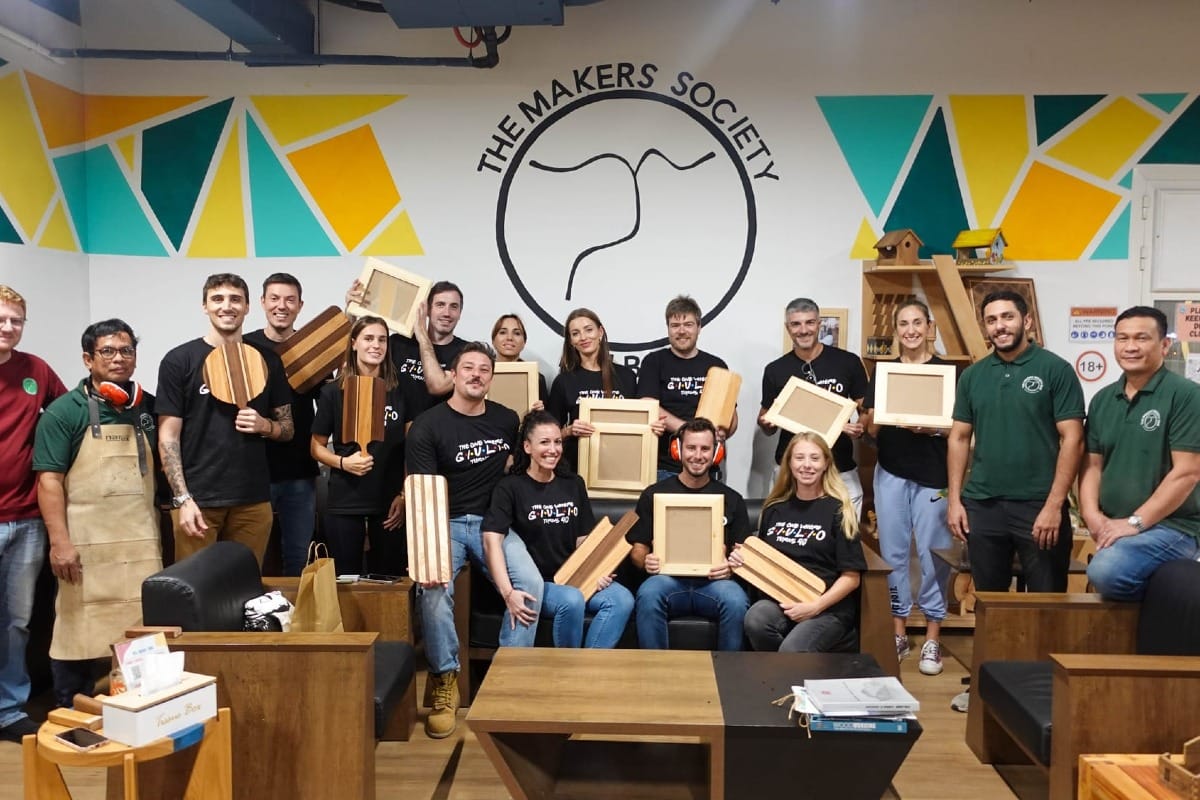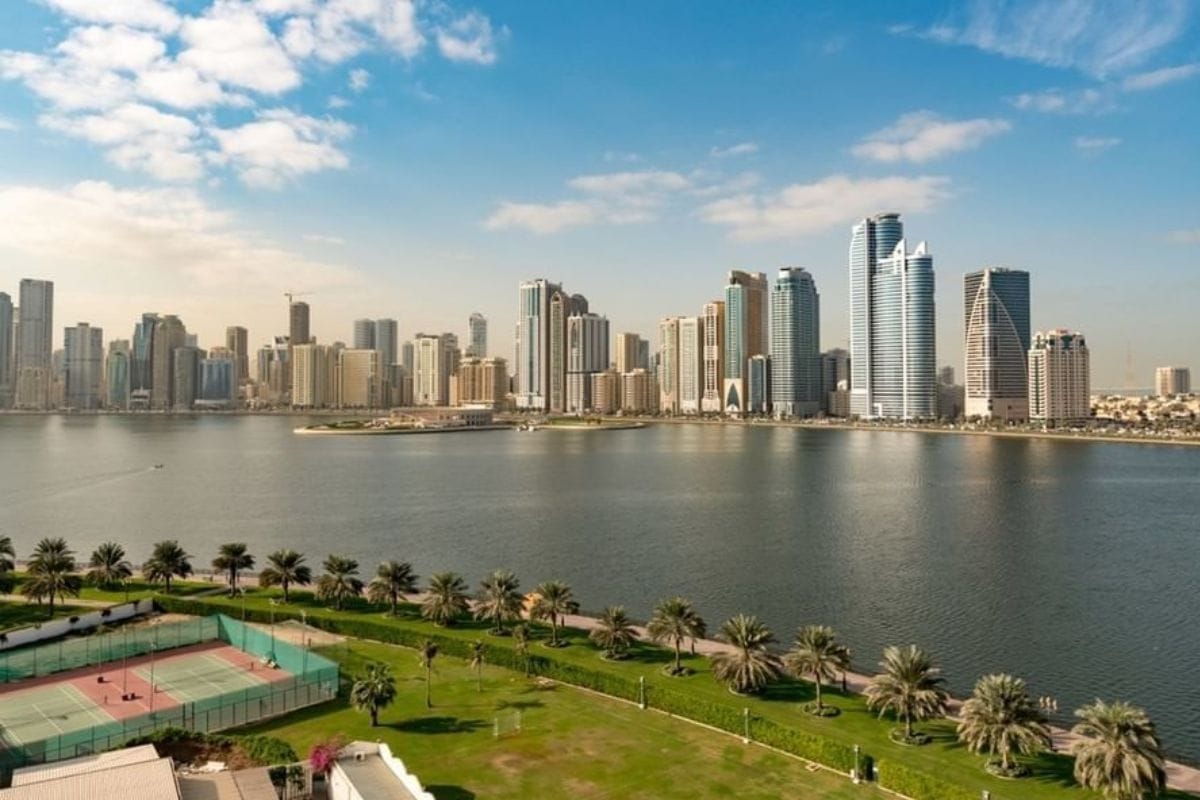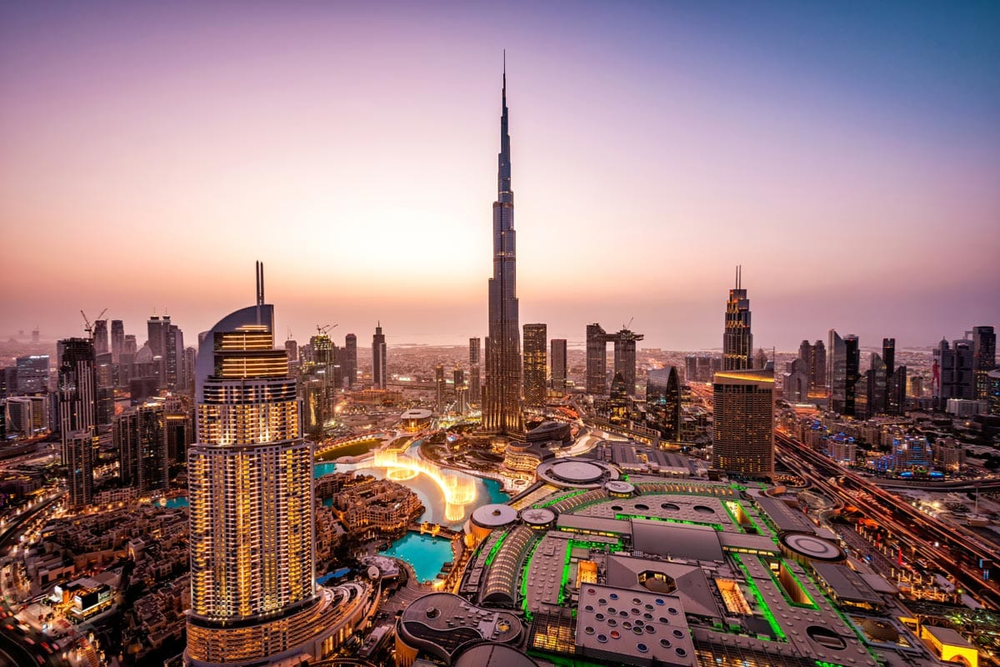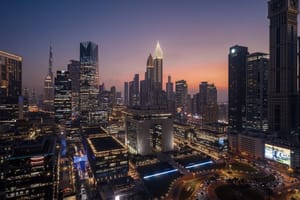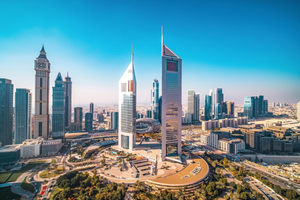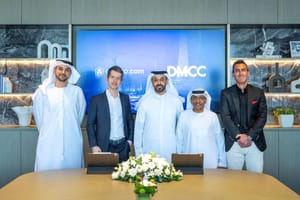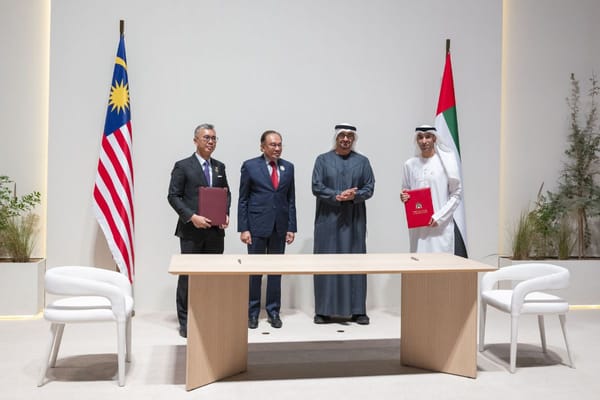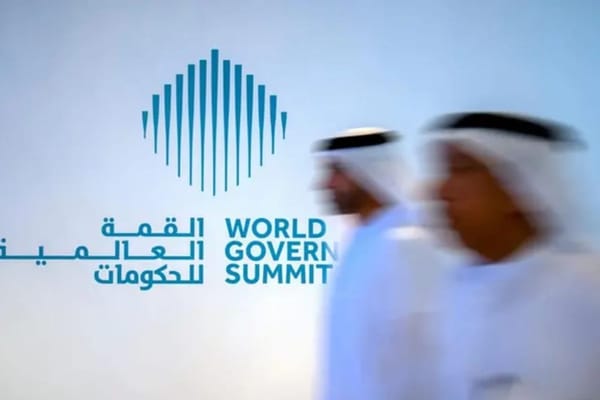Dubai has earned its reputation as one of the world’s top tourism destinations, welcoming over 17 million international visitors in 2024, a figure that exceeded pre-pandemic levels. This remarkable recovery and continued growth reflect the city’s well-rounded appeal—offering everything from luxury shopping and fine dining to cultural landmarks and adventurous experiences.
Beyond its glamour, what makes Dubai stand out is its unique ability to cater to a diverse range of tourists. Whether it’s families exploring theme parks, business travelers attending world-class exhibitions, or adventurers seeking desert safaris, Dubai has something for everyone. The city’s world-class infrastructure, including a highly efficient transportation network, top-tier hospitality, and modern attractions, ensures a seamless experience for every visitor.
The continuous influx of tourists is not by chance—it’s backed by a well-planned tourism strategy. With initiatives like the Dubai Tourism Vision 2025, which aims to attract 25 million visitors annually, and year-round events such as the Dubai Shopping Festival and Expo City Dubai exhibitions, the city keeps drawing attention on a global scale.
In this article, we’ll explore how businesses can tap into this booming tourism sector by identifying key opportunities, leveraging technology, forming strategic partnerships, and embracing sustainable practices. Dubai’s vibrant tourism landscape offers a wealth of possibilities for those ready to innovate and create memorable experiences for the millions of visitors it continues to attract.
Understanding Dubai’s Tourism Landscape
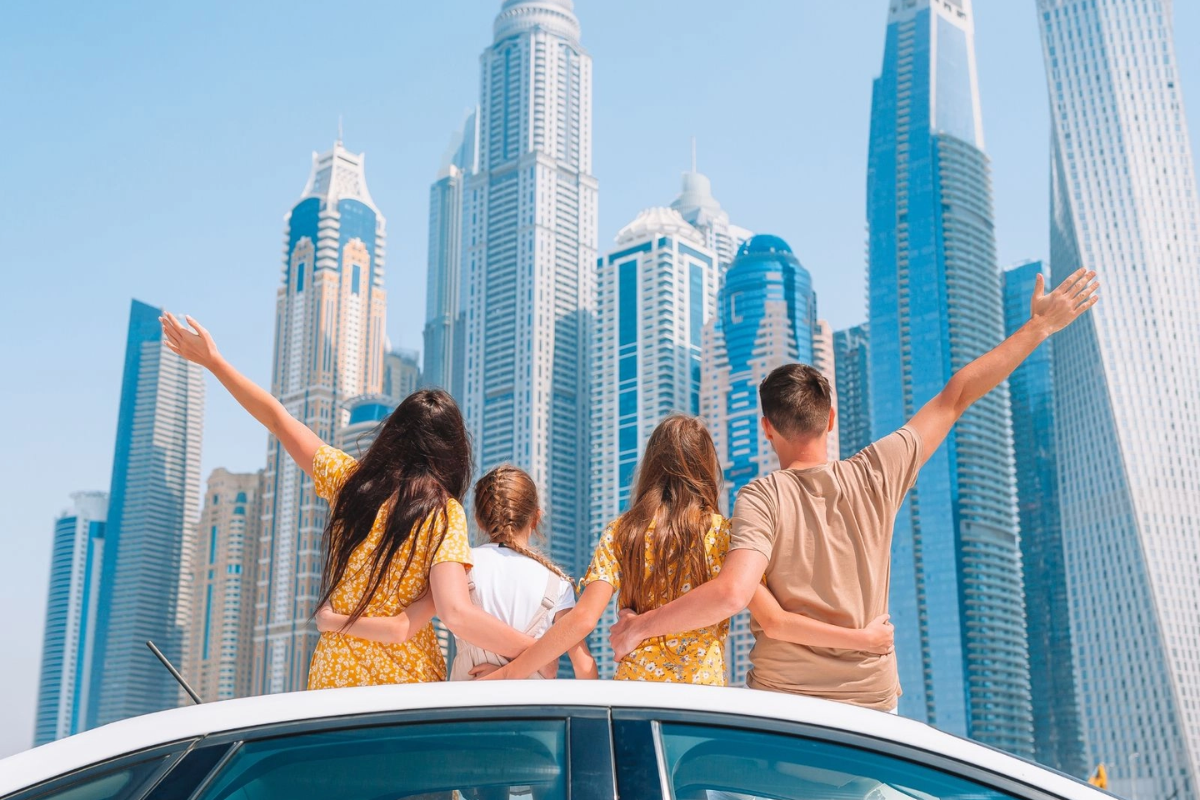
Dubai's tourism sector is a cornerstone of its economy, contributing significantly to various industries and attracting a diverse range of visitors through strategic initiatives and world-class attractions.
The travel and tourism sector is a vital component of the UAE's economy, contributing approximately 9% to the national GDP in 2022, equating to nearly AED 167 billion. This substantial contribution underscores the sector's importance in the country's economic diversification efforts.
Key Sectors Benefiting from Tourism
- Hospitality
Dubai's hospitality industry has experienced significant growth, with hotel revenues reaching AED 38 billion in 2022. The city boasts over 1,198 hotels, offering more than 203,000 rooms to accommodate the increasing number of visitors.
- Retail
The retail sector thrives on tourist spending, with attractions like The Dubai Mall drawing over 100 million visitors annually. The mall's expansion plans, involving a $600 million investment, aim to enhance its status as a premier shopping destination.
- Food & Beverage (F&B)
Dubai's diverse culinary scene caters to international tastes, enhancing its appeal as a gastronomic destination. The city offers a wide range of dining experiences, from street food to fine dining, reflecting its multicultural population.
- Real Estate
The demand for short-term rentals and luxury accommodations has spurred growth in the real estate market. Developments in areas like Palm Jumeirah and Downtown Dubai continue to attract both tourists and investors.
- Entertainment
World-class attractions and events contribute significantly to the entertainment sector's revenue. New projects, such as the development of Jebel Ali Beach into the country's longest public beach, aim to enhance Dubai's appeal to both residents and visitors.
Types of Tourists Visiting Dubai
- Business Travelers
Dubai hosts numerous global events and trade fairs, attracting professionals worldwide. The city's strategic location and state-of-the-art facilities make it a hub for international business activities.
- Leisure Tourists
Visitors are drawn to luxury shopping, iconic landmarks, and pristine beaches. Dubai's blend of modern attractions and cultural heritage offers a unique experience for leisure travelers.
- Medical Tourists
Dubai's advanced healthcare facilities make it a hub for medical tourism. The city offers a range of medical services, attracting patients seeking high-quality care.
- Adventure and Eco-Tourists
Activities like desert safaris, water sports, and nature retreats appeal to adventure seekers. Dubai's diverse landscapes provide opportunities for various outdoor activities.
Major Tourism Initiatives by the Dubai Government
- Dubai Tourism Vision 2025
Dubai aims to attract 25 million visitors annually by 2025, positioning itself as the world's most-visited city. This strategy includes diversifying tourism markets and enhancing visitor experiences.
- Expansion of Visa Categories
The introduction of golden visas and five-year multiple-entry tourist visas facilitates longer stays and repeat visits, making Dubai more accessible to international travelers.
- Development of New Attractions
Projects like the Museum of the Future, Ain Dubai, and Hatta eco-tourism initiatives are set to enhance Dubai's appeal. These developments aim to offer unique experiences, catering to the evolving preferences of global travelers.
Key Opportunities for Businesses

Dubai's thriving tourism industry presents numerous opportunities for businesses across various sectors. Here's an in-depth look at key areas where enterprises can capitalize on this growth:
- Hospitality and Accommodation
The rise in niche markets, such as eco-friendly stays and family-oriented resorts, offers avenues for boutique hotels and short-term rental properties. Collaborating with platforms like Airbnb can enhance visibility and attract a diverse clientele seeking unique experiences. Personalized packages tailored to luxury seekers or budget travelers can further differentiate offerings in a competitive market.
- Food and Beverage Industry
Dubai's multicultural population and growing tourism have led to a demand for varied dining options, including vegan eateries, halal fine dining, and fusion cuisines. Experiential dining experiences, such as dinner in the sky, desert dining, and dhow cruises, are particularly popular among tourists seeking memorable culinary adventures. Partnering with hotels and tour operators to offer exclusive dining deals can attract a steady stream of patrons.
- Retail and E-Commerce
Establishing pop-up stores in high-traffic tourist areas like Global Village and The Dubai Mall can capture the attention of visitors. Offering products that appeal to tourists, such as souvenirs, luxury goods, and regional crafts, can boost sales. Implementing duty-free shopping incentives and facilitating tax refunds can further entice international shoppers.
- Travel and Tour Services
Developing guided tours that delve into Dubai's culture, history, and hidden gems can attract culturally inclined tourists. Premium services, including personalized concierge tours and chauffeur-driven experiences, cater to visitors seeking luxury and convenience. Leveraging technology to create interactive tours using augmented reality (AR) and virtual reality (VR) can enhance the tourist experience and set services apart from competitors.
- Health and Wellness
Dubai's reputation as a wellness destination is on the rise, with opportunities to establish spas, fitness centers, and yoga retreats. Comprehensive wellness packages combining luxury accommodations with medical tourism services can appeal to health-conscious travelers. Collaborating with clinics and hospitals that cater to international patients can expand service offerings and attract a global clientele.
Leveraging Technology for Competitive Advantage
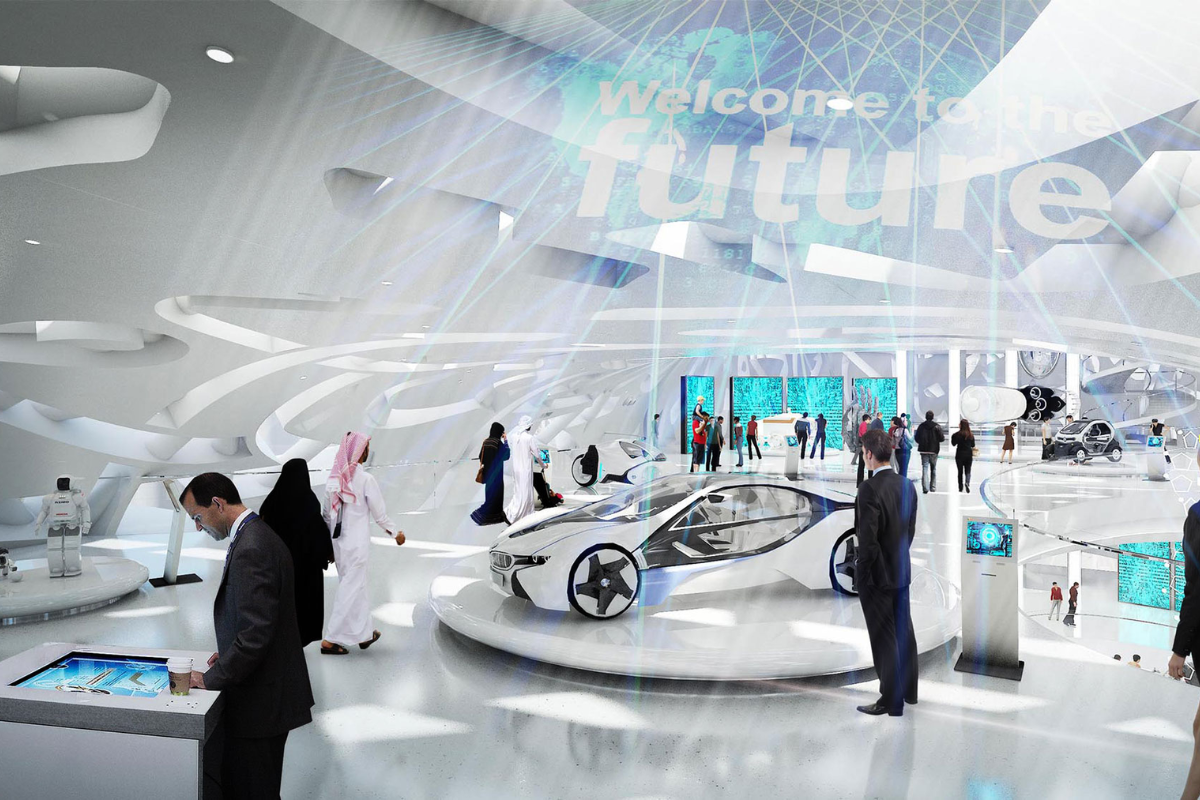
In Dubai's dynamic tourism sector, leveraging advanced technologies is essential for businesses seeking a competitive edge. Key strategies include:
Adopting Smart Solutions
- Data Analytics
Utilizing data analytics enables businesses to gain insights into tourist behaviors and preferences, facilitating personalized services and targeted marketing strategies. For instance, AI-driven predictive analytics can forecast tourism demand, allowing for optimized resource allocation and enhanced customer satisfaction.
- AI-Driven Customer Service
Implementing AI technologies, such as chatbots and virtual assistants, enhances customer engagement by providing instant, personalized responses. Dubai's tourism sector has embraced AI to revolutionize offerings, improving operational efficiency and enriching visitor experiences.
Enhancing Digital Presence
- Multilingual Platforms
Developing multilingual websites and applications ensures accessibility for a global audience, catering to the diverse linguistic backgrounds of international tourists.
- Social Media Engagement
Collaborating with social media influencers can amplify brand visibility and attract specific tourist demographics. Influencer partnerships have proven effective in promoting Dubai's attractions and services to a broader audience.
- Virtual and Augmented Reality (VR/AR)
Offering virtual previews of experiences, such as hotel rooms or tours, through VR/AR technology allows potential visitors to explore offerings remotely, enhancing decision-making and increasing booking conversions. Dubai has integrated VR experiences in its hospitality sector to provide immersive previews to potential guests.
Seamless Booking and Payment Solutions
- Integration with Booking Platforms
Partnering with major booking platforms like Booking.com and Expedia expands market reach and simplifies the reservation process for customers. Such integrations streamline operations and enhance visibility among international travelers.
- Diverse Payment Options
Offering multiple payment methods, including emerging options like cryptocurrency, caters to the varied preferences of global tourists, enhancing convenience and potentially increasing sales.
Strategic Partnerships for Growth

Strategic partnerships are instrumental in amplifying business growth within Dubai's vibrant tourism sector. Collaborations with tour operators, government initiatives, and airlines can significantly enhance market reach and service offerings.
Collaborate with Tour Operators and Travel Agencies
- International Partnerships
Forming alliances with global tour operators facilitates the promotion of comprehensive Dubai packages, attracting a diverse tourist demographic. Such collaborations enable businesses to tap into established networks and offer bundled deals that combine accommodation, tours, and dining experiences, providing added value to travelers.
Partner with Government Initiatives
- Dubai Sustainable Tourism Initiative
Engaging with government-backed programs like Dubai Sustainable Tourism (DST) underscores a commitment to sustainability, aligning business practices with the emirate's environmental goals. DST focuses on promoting sustainable tourism through various initiatives, including education, standards, and awards, encouraging businesses to adopt eco-friendly practices.
- Dubai Festivals and Retail Establishment (DFRE)
Collaborating with DFRE allows businesses to participate in key events such as the Dubai Shopping Festival, enhancing visibility and attracting a higher footfall. These events provide platforms for businesses to showcase their offerings to a global audience, driving sales and brand recognition.
Collaborate with Airlines and Airports
- Co-Branded Promotions
Partnering with airlines to offer fly-and-stay packages creates seamless travel experiences, appealing to tourists seeking convenience. Such collaborations can include joint marketing efforts and exclusive deals, enhancing the attractiveness of travel packages.
- Airport Presence
Establishing kiosks or retail outlets in airports caters to travelers seeking last-minute shopping or dining options, capturing potential revenue from transit and arriving passengers. This presence also serves as a marketing touchpoint, introducing visitors to services available during their stay in Dubai.
Sustainability: A Growing Priority in Tourism
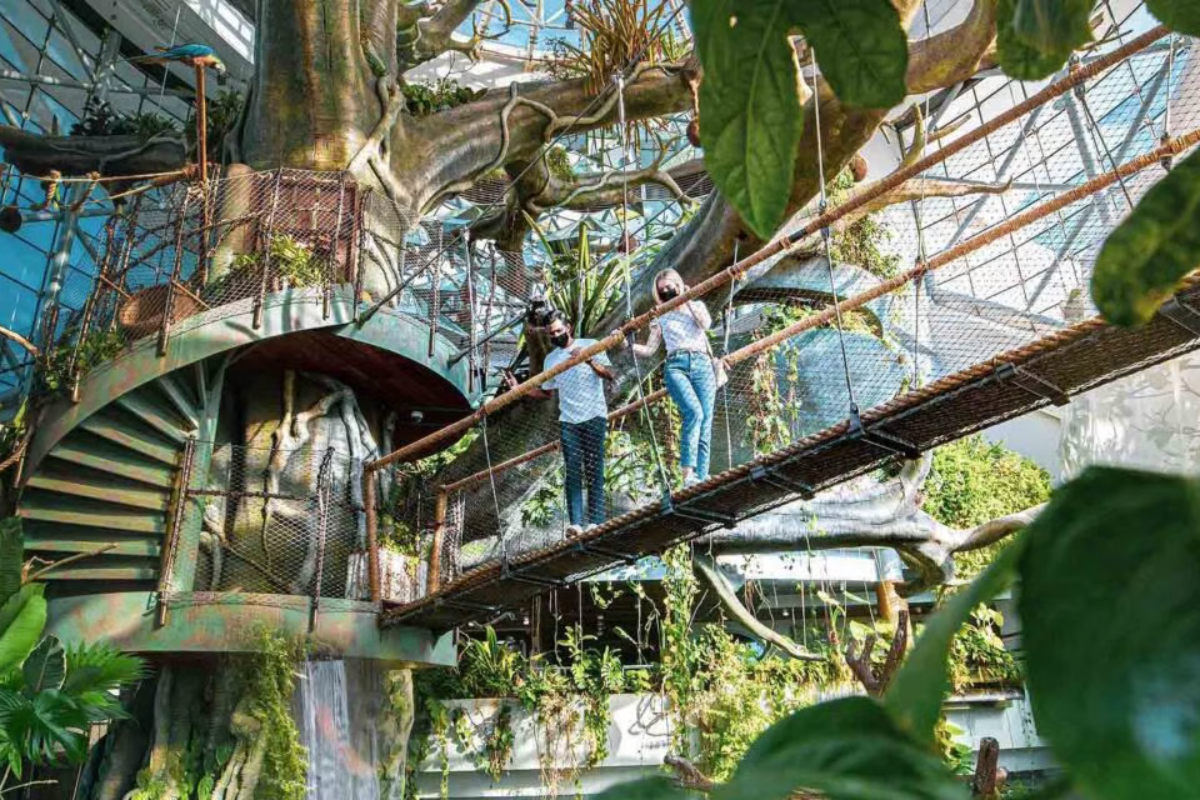
Sustainability has become a pivotal focus in the tourism industry, with businesses increasingly adopting eco-friendly practices to meet the growing demand for responsible travel.
Adopt Eco-Friendly Practices
- Implement Sustainable Operations
Businesses are reducing single-use plastics, conserving water, and utilizing renewable energy sources to minimize environmental impact. For instance, the Dubai Sustainable Tourism (DST) initiative has introduced guidelines to help hotels and tourism establishments adopt sustainable practices, focusing on energy and water conservation, waste management, and staff engagement.
Offer Eco-Tours and Nature Experience
Providing eco-friendly tours that emphasize environmental conservation attracts eco-conscious travelers. Dubai's Department of Economy and Tourism has launched the 'Get Into The Green Scene' initiative to raise awareness of the city's sustainable attractions, encouraging both residents and visitors to engage in environmentally friendly activities.
Join Sustainability Certification Programs
- Obtain Recognized Certifications
Achieving certifications such as the Dubai Sustainable Tourism Stamp, Green Key, or LEED enhances credibility among eco-conscious travelers. The Dubai Sustainable Tourism Stamp, for example, recognizes hotels that adhere to specific sustainability requirements, promoting environmentally responsible practices within the hospitality sector.
- Global Sustainable Tourism Council (GSTC) Certification
The GSTC offers internationally recognized criteria for sustainable tourism, providing certification for hotels, tour operators, and destinations committed to sustainable practices.
Promote Sustainable Tourism
- Educate Tourists on Responsible Travel
Informing visitors about respecting local cultures, minimizing waste, and supporting conservation efforts fosters a more sustainable tourism environment. Initiatives like DST's '12 Steps Towards Sustainability' provide practical guidelines for both businesses and tourists to engage in responsible practices.
- Support Local Communities
Promoting local artisans and businesses not only enriches the tourist experience but also contributes to the local economy and cultural preservation. Encouraging tourists to purchase locally made products and participate in community-based tourism activities can have a positive socio-economic impact.
Challenges Businesses May Face

Operating within Dubai's dynamic tourism sector presents businesses with several challenges, including high competition, elevated operational costs, and the necessity for cultural sensitivity. Understanding and addressing these challenges are crucial for success.
- High Competition
Dubai's tourism industry is renowned for its luxury offerings and world-class attractions, leading to a saturated market with numerous established players. This intense competition can make it difficult for new entrants to gain market share.
Solution: To stand out, businesses should focus on their Unique Selling Propositions (USPs) and target niche markets. For instance, offering personalized and authentic experiences can attract travelers seeking unique adventures. Additionally, embracing sustainability can appeal to eco-conscious tourists, providing a competitive edge.
- High Operational Costs
Operating in prime tourist locations in Dubai often entails high rental and staffing expenses, which can strain profitability, especially for small and medium-sized enterprises.
Solution: Businesses might consider establishing operations in emerging or off-peak locations where rental costs are lower, thereby reducing overhead expenses. Implementing digital-first models, such as online booking systems and virtual customer service, can also decrease the need for extensive physical infrastructure and staffing, leading to cost savings.
- Cultural Sensitivity
Dubai's diverse cultural landscape requires businesses to have a deep understanding of local customs, traditions, and regulations. Missteps in this area can lead to reputational damage and legal complications.
Solution: Ensuring compliance with local laws and offering culturally respectful services are paramount. This includes adhering to Islamic practices, local traditions, and social norms. Investing in cultural awareness training for staff and engaging with local communities can enhance cultural sensitivity, fostering better business relationships and a positive reputation.
Measuring Success

Measuring success in Dubai's tourism sector requires a comprehensive approach that encompasses tracking key performance indicators (KPIs) and assessing customer satisfaction.
Track Key Metrics
- Tourist Footfall:
Monitoring the number of visitors provides insight into the destination's popularity and the effectiveness of marketing strategies. This data can be collected through ticket sales, accommodation bookings, and visitor counts at attractions.
- Revenue Growth
Analyzing financial performance, including total revenue, average spend per visitor, and profit margins, helps assess business health and identify trends. Regular financial reporting and analysis are essential for this purpose.
- Customer Feedback
Collecting and analyzing feedback through surveys, reviews, and direct interactions offer valuable insights into visitor experiences and areas needing improvement. Implementing feedback mechanisms, such as suggestion boxes or digital feedback forms, facilitates this process.
- Digital Engagement
Utilizing digital tools to track online engagement and conversion rates is crucial. Metrics such as website traffic, social media interactions, and online booking rates provide insights into the effectiveness of digital marketing efforts. Tools like Google Analytics and social media analytics platforms can assist in monitoring these metrics.
Customer Satisfaction
- Regular Surveys
Conducting regular surveys enables businesses to gauge tourist satisfaction and identify areas for enhancement. Techniques include:
- Surveys and Questionnaires: Structured tools used to gather detailed feedback from tourists about their experiences. They can be administered online or in person.
- Net Promoter Score (NPS): A popular metric that asks tourists how likely they are to recommend the destination to others. NPS is calculated by subtracting the percentage of detractors from the percentage of promoters, providing a clear indicator of customer loyalty.
- Memorable Experiences
Focusing on creating memorable experiences encourages repeat visits and positive word-of-mouth. Personalized services, unique offerings, and attention to detail contribute to lasting impressions. Training staff to provide exceptional service and curating exclusive experiences can enhance visitor satisfaction.
Dubai’s tourism industry continues to flourish, offering an exciting landscape for businesses to grow. By identifying unique opportunities, integrating advanced technologies, forming meaningful partnerships, and embracing sustainable practices, companies can create exceptional visitor experiences while driving long-term success. With strategic innovation and a commitment to quality, businesses can not only tap into this thriving sector but also play a pivotal role in shaping Dubai’s future as a top global destination. The potential is vast, and the time to act is now.
Also read:
